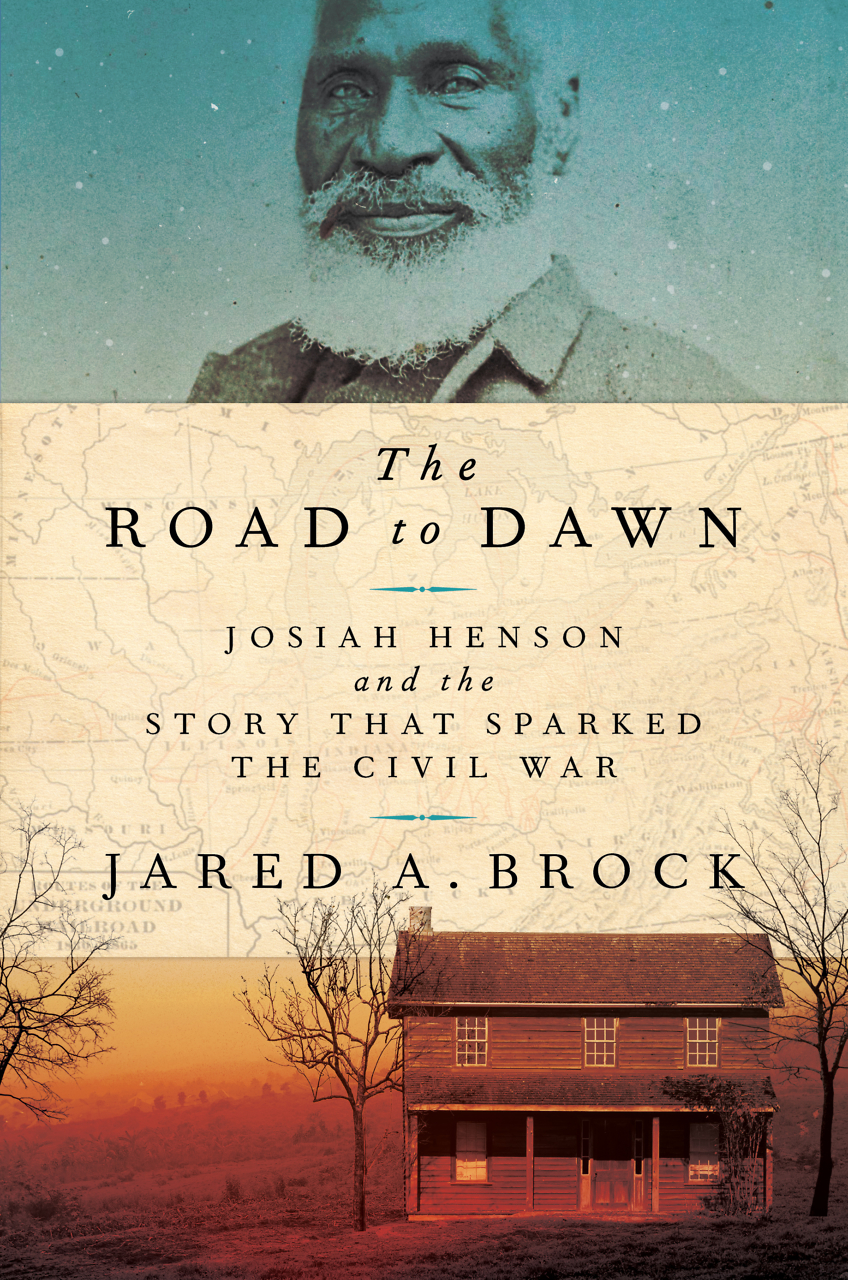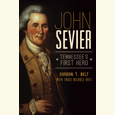In Praise of Doubt
Grappling with ethical and existential dilemmas (religion optional)
It’s difficult to categorize The Sacredness of Questioning Everything by Nashvillian David Dark. Equal parts cultural analysis and spiritual self-help manual, Dark’s book reads like something produced by the plugged-in love child of Paul Tillich and Wayne Dyer. While he writes from a frankly Christian perspective, Dark—a schoolteacher, scholar and evangelical gadfly—genuinely urges his readers to question everything, including the whole of orthodox religion and even their belief in God. Consequently, although the book was clearly conceived with a Christian audience in mind, Dark’s thoughtful iconoclasm invites anyone to, as he puts it, “submit everything we’re up to, at work and at play, to the discipline of sacred questioning.” Religion is the platform from which Dark launches his own questioning, but his book grapples with the ethical and existential dilemmas that confront us all.
The Sacredness of Questioning Everything opens with a bleakly funny portrait of God as “Uncle Ben,” an overall-clad village deity who demands unconditional love from his flock in exchange for not tossing them into an “enormous, rumbling furnace.” Dark argues that this fearful, childish image of God afflicts many people of faith, creating a neurotic need for certainty and an accompanying contempt for people with different beliefs. Uncle Ben and the orthodoxy he demands must be challenged, according to Dark, because otherwise we are inevitably set against our fellow human beings. He goes on to declare that a failure to question God is a failure of faith itself. “When there is no soul-searching,” he asks, “is the soul still there?”
Equal parts cultural analysis and spiritual self-help manual, Dark’s book reads like something produced by the plugged-in love child of Paul Tillich and Wayne Dyer.
After dispensing with Uncle Ben’s “bad religion,” Dark gently attacks our unexamined assumptions in other aspects of life. In ten provocatively titled chapters (“The Unbearable Lightness of Being Brainwashed,” “Spot the Pervert”), he chides careless language, bumper sticker politics, and the crassness of the media. As in his previous books, Everyday Apocalypse (2002) and The Gospel According to America (2005), Dark calls on a vast range of cultural references to bolster his arguments. Quotes from Bono and Sly Stone appear alongside the words of Thomas Merton and Shakespeare. As Dark sees it, the superiority of high culture over pop culture is just one more assumption that deserves to be questioned.
Dark’s kitchen-sink approach risks alienating or simply baffling some older readers, but it is likely to grab a younger audience that responds more readily to Arcade Fire than to William Blake. Dark is part of a new generation of evangelical Christians with a more global, socially engaged conception of faith. In The Sacredness of Questioning Everything, he is speaking primarily to those who believe the gospel of Jesus exists to help believers embrace the difficulties and uncertainties of the world, not to turn away from them.


